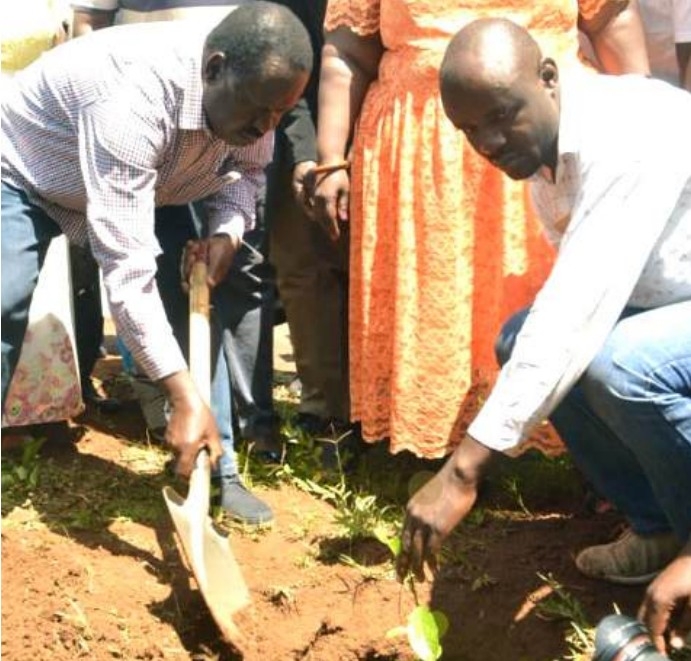Growing up in rural Kirinyaga gave me the opportunity very early to understand the benefits of a robust cash crop economy. And started me off on a lifetime of attachment to the tea sector in particular.
My family did not grow tea. We grew coffee. But I had an uncle who grew tea on his smallholder farm, which was roughly the same size as ours.
And it was the tea growers who were the village tycoons. They were very clearly the wealthiest of the farmers in that region. This proved to be true from the 1970s all the way to the 1980s.
It was when the tea bonuses were paid that we ordinary villagers were reminded of how profitable tea growing could be. In one case, a farmer would overnight own a brand-new saloon car. Another farmer would trade in his old matatu for a new one. In fact, back then all the matatu owners were tea growers.
Nowadays it is normal to hear farmers complain of the difficulty they have in paying school fees for their children but back then, fees were not a problem at all to tea farmers. In fact, what they were known for was owning the most beautiful stone houses in the region, with the gleaming metallic rooftops that were popular in those days.
Later on in life, I was to find out that a similar degree of prosperity had been quite common in the sugarcane belt of Western Kenya. Also, in the maize-growing upper Rift Valley. In Central Kenya where I grew up, coffee farmers also did quite well, though not as well as tea farmers, except during the coffee boom of the 1970s.
Turning to the present we find that tea is what we might call, the last crop standing. Tea farmers still make a profit. But not as much as they should. And they are certainly not known to be village tycoons as they once were.
One thing I must emphasise is that when we talk about the various agricultural sub-sectors, we are really talking about an investment of billions of shillings by both the government and individual farmers.
All the valuable cash crops that have ever been grown in Kenya, have required a high degree of organisation in the creation of agricultural value chains. There has been the establishment of factories for processing the crop, whether that crop was coffee, or tea or sugarcane.
And professionals of various categories have been employed in these factories as accountants, managers, marketing officers, engineers, etc. So, when one of these factories stops processing the harvest from the local farmers, this represents a big loss of economic opportunity for very many people of various backgrounds.
So, it is very good that there is a robust debate going on at this time about the need for tea sector reform. We need to ask ourselves, “Can we be sure that the disasters which have overwhelmed the sugarcane, cotton and coffee farmers will not also overtake the tea farmers denying them even the reduced earnings that they obtain at the present time?”
I have now been working in various capacities in the tea sector for about 26 years. I believe this gives me a lot of insights into what can be done to improve the lot of the tea farmers.
In my opinion, the problem is not that Kenyan farmers do not work hard. All Kenyan farmers work very hard and respond very quickly to incentives. You only need to consider how quickly Kenyan farmers have moved to start growing avocados once the potential profits of growing this crop became well known.
The problems with the tea sector are systemic and need to be addressed as such. And the main problem is that farmers are not receiving full value for their crop.
If the ongoing efforts at tea sector reform should fail, then you can be sure that a day will come when the homes of tea farmers will have rusted vehicle parts all over their front yards. Just as we have seen happen to farmers who once prospered by growing coffee or sugarcane.














![[PHOTOS] How ODM@20 dinner went down](/_next/image?url=https%3A%2F%2Fcdn.radioafrica.digital%2Fimage%2F2025%2F11%2F99d04439-7d94-4ec5-8e18-899441a55b21.jpg&w=3840&q=100)

